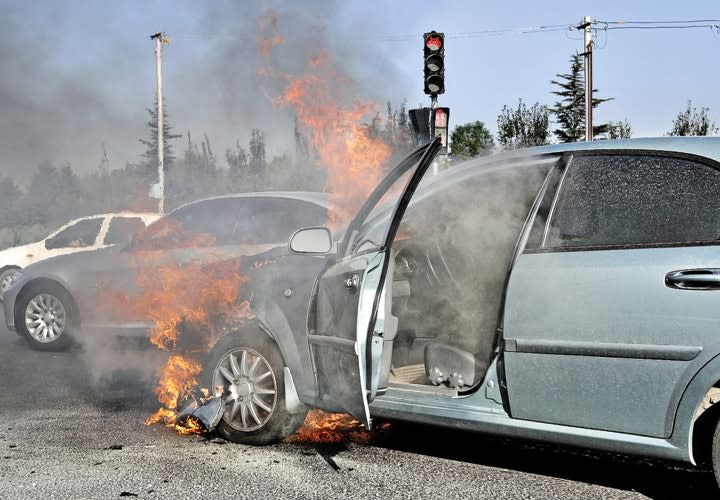Today's public safety community faces a challenging conundrum. The threat of terrorism requires responders to maintain their knowledge. But the economy has forced agencies to severely limit funding for training.
The Department of Homeland Security's National Domestic Preparedness Consortium offers significant aid to public safety. A variety of programs are offered through this organization: nuclear/radiological training by the Nevada Test Site; a wide variety of chemical response training by the Center for Domestic Preparedness in Anniston, Ala.; programs addressing biological response offered by Louisiana State University's National Center for Biomedical Research and Training; administrative and management programs through the National Emergency Response and Rescue Training Center at the Texas Engineering Extension Service at Texas A&M University in College Station, Texas; transportation-based training through the Transportation Technology Center; programs providing training to the states and territories of the Pacific rim at the National Domestic Preparedness Training Center at the University of Hawaii; and explosives training through the Energetic Materials Research and Training Center at New Mexico Tech in Socorro, N.M.
Incident Response to Terrorist Bombings is offered by New Mexico Tech at its Socorro campus. In a comprehensive four-day program, students are introduced to explosives, bombs, their effects, bomb incident management, post-blast response, and concepts of interdisciplinary cooperation. The class includes three range visits, with demonstrations of various commercial and improvised explosives, and demonstration of bomb effects involving various sized devices and targets.
New Mexico Tech also offers Prevention and Response to Suicide Bombing Incidents in the former mining town of Playas, which is now a training scenario city. This program is aimed at a specialized audience: police and fire administrators, bomb technicians, and SWAT/tactical personnel. While it provides attendees an introduction to explosives and devices, its thrust is to give students insight into suicide bomb response, with a view toward aiding in the development of agency policy and procedure. The program does not rubberstamp any specific response tactic; instead, it introduces the attendees to a variety of plans in use nationally and internationally from which policy may be derived.
National Consortium classes are fully funded. Tuition, transportation, room, and board, only cost an agency the loss of personnel for attendance. Registration is at the state level.
Related:
Suspicious Packages and Booby Traps












